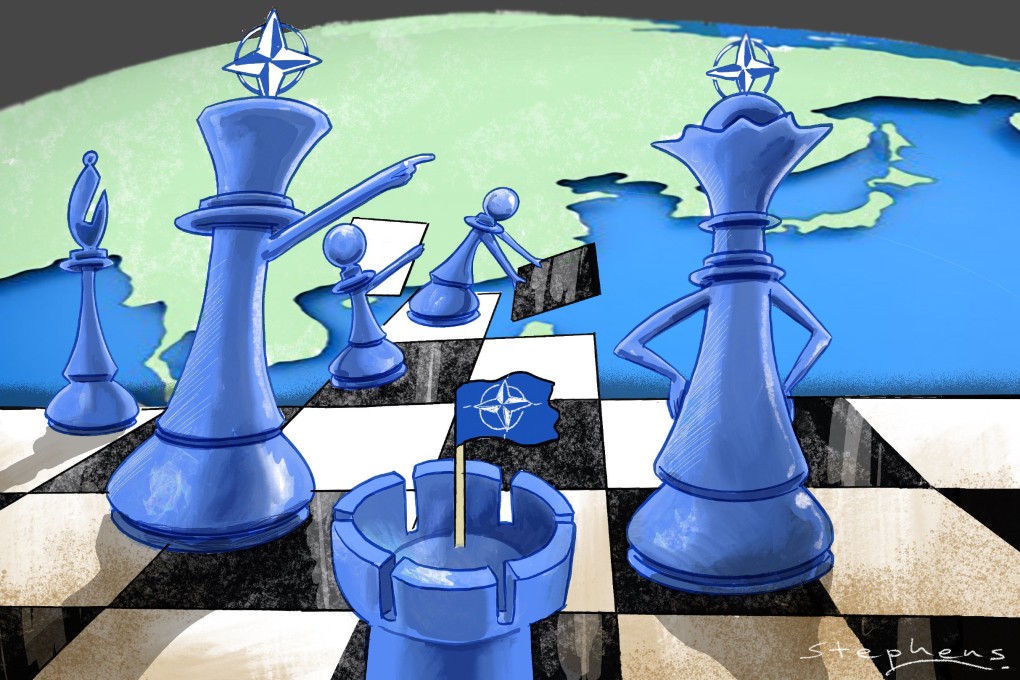Advertisement
Opinion | Nato is clearly trying to start a cold war with China
- At the Vilnius summit, Nato made clear it intends to address perceived threats from China and deepen links with its Asia-Pacific partners
- But if the military alliance starts extending its reach into the Indo-Pacific, tensions can only escalate
Reading Time:3 minutes
Why you can trust SCMP
40

The so-called China challenge was expected to occupy a good chunk of the agenda at the recently concluded Nato summit in Vilnius, Lithuania. But the blunt language used to describe China in the final communique was still a surprise, and left no room for doubt that the US and its allies are trying to engage China in a new cold war.
“The People’s Republic of China’s (PRC) stated ambitions and coercive policies challenge our interests, security and values,” said the transatlantic security alliance. “The PRC’s malicious hybrid and cyber operations and its confrontational rhetoric and disinformation target allies and harm alliance security.” It even accused China of “coercive tactics and efforts to divide the alliance”.
In an immediate rebuttal, the Chinese mission to the European Union vehemently criticised the communique, denouncing it as replete with “repetitive rhetoric echoing the Cold War mentality and ideological bias”, saying it “deliberately smears China”. “As a product of the Cold War, Nato has a bad track record in history,” it said, adding: “We firmly oppose Nato’s eastward movement into the Asia-Pacific region.”
Advertisement
A faction within the North Atlantic Treaty Organisation, influenced by Washington, has been trying to intensify anti-China sentiment for quite some time. This clique has since put up an ostentatious display of radicalism, anxiety, aggression and impulsive meddling in the affairs of the Asia-Pacific.
The leaders of Japan, South Korea, Australia and New Zealand, designated “partners across the globe” by Nato, were invited to the summit for a second consecutive year, sending a clear message of the military bloc’s intention to expand its footprint into the Asia-Pacific. As part of efforts that appear to further encircle China, Nato signed an “individually tailored partnership programme” with Japan and hosted a leaders’ session with the “Asia-Pacific 4” – Japan, South Korea, Australia and New Zealand – on the second and final day of the Vilnius summit.
Advertisement
It would come as no surprise that the target of such moves is China. However, the intricate strategic manoeuvring being planned by Nato and the United States in this expansive game of chess is fraught with inherent risks and uncertainties.
Advertisement
Select Voice
Select Speed
1.00x
